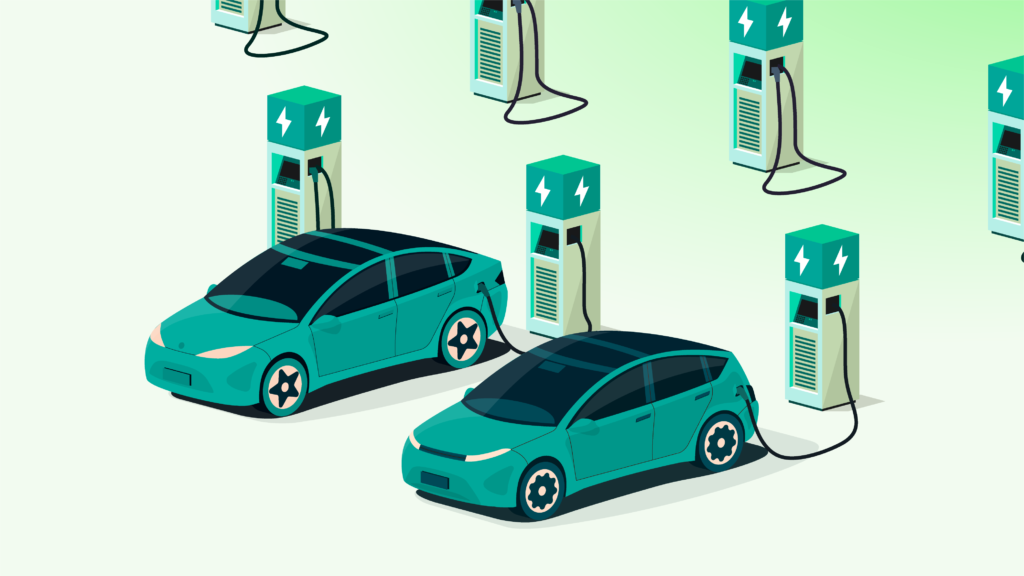Last Updated on Aug 1, 2023 by Ayushi Gangwar
Some current news to get you supercharged for Green Energy
Foxconn and Tata Motors are charged up for the EV revolution Click To TweetFoxconn, the global electronics manufacturer, is considering setting up an electric vehicle (EV) factory in India this year. The company aims to tap into India’s growing EV market and take advantage of favourable government policies and incentives.
Discussions with Indian state governments are underway to identify suitable locations for the factory, which would manufacture EV components and assemble vehicles for both domestic and export markets. This move aligns with India’s efforts to promote sustainable transportation, boost local manufacturing, and generate employment opportunities. It also reflects the increasing interest of global companies in India’s EV sector, highlighting the country’s potential for significant growth and investment in this industry.
Some time ago, the Tata Group announced that they are investing ₹13,000 crores to build a massive battery plant to support its electric vehicle (EV) ambitions. In May, Tata Motors’ EV sales increased by 60% from the previous year, and the company’s stock price hit a 52-week high. While EVs only account for 1% of all cars sold in India, Tata Motors has an 80% market share in this space, making it the clear leader in the Indian EV market.
Tata Motors has benefited from the government’s support for the EV industry. The government has offered tax breaks and subsidies for EVs and has also set ambitious targets for EV adoption. This has created a favourable environment for the EV industry, and it has helped Tata Motors to grow its market share.
Solar plants can float? India’s first floating plant will be located on the Narmada River! Click To TweetIndia’s first floating solar plant to be built in Gujarat. India is set to build its first floating solar plant in Gujarat, which will be located on the Narmada River. The plant will have a capacity of 25 megawatts (MW), which is expected to be completed by the end of 2023. The floating solar plant is a major milestone for India’s renewable energy sector, and it is expected to pave the way for more floating solar projects in the country.
The impact of Green Energy is transformative, and in India, the green energy sector is witnessing numerous developments that have the potential to shape the nation’s energy future in a significant way.
It’s time to look at some of the developments which can shape the way you should invest next.
Green hydrogen is a clean-burning fuel that can be produced using renewable energy. India is one of the leading countries in the world in terms of green hydrogen research and development, and the government has set a target of producing 5 million tonnes of green hydrogen by 2030.
Solar and wind power are two of the most promising renewable energy sources, and they are becoming increasingly affordable. India is already a leading producer of solar and wind power, and the government is committed to further expanding these sectors.
Energy storage technologies are essential for ensuring the reliability of renewable energy systems. India is investing in a number of energy storage technologies, including batteries, pumped hydro, and thermal storage.
The smart grid is an intelligent electricity network that can manage the flow of electricity more efficiently. India is in the process of upgrading its electricity grid to make it more smart.
The potential for Green Energy to develop is endless, and we’re just starting to unearth the scope which lies in exploring sustainable energy. With the growing technology and changes, don’t stay too far from the investment opportunities which would help the future and your wallet. 😉
Explore the Green Energy smallcase
- Dhanteras’24 On Tickertape – Terms and Conditions - Oct 21, 2024
- Get flat ₹200 worth of Digital Gold upon investing ₹5,000 - Sep 10, 2024
- Get flat ₹300 worth of Digital Gold upon investing ₹5,000 - Sep 10, 2024


